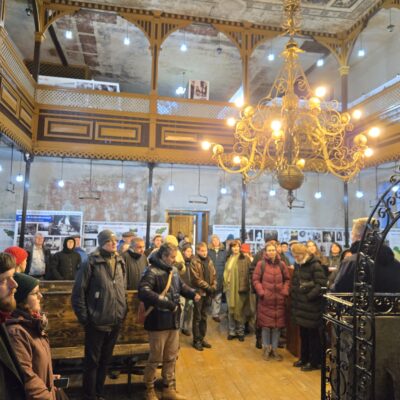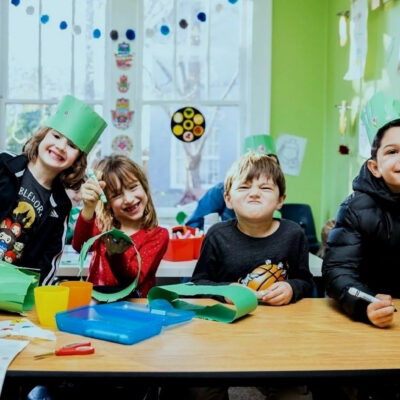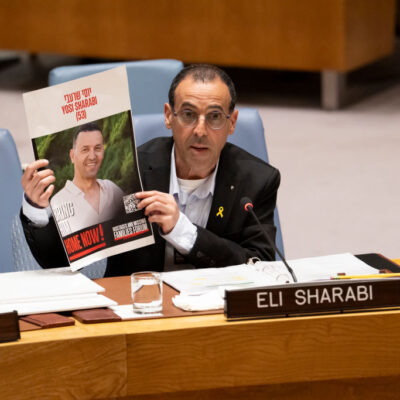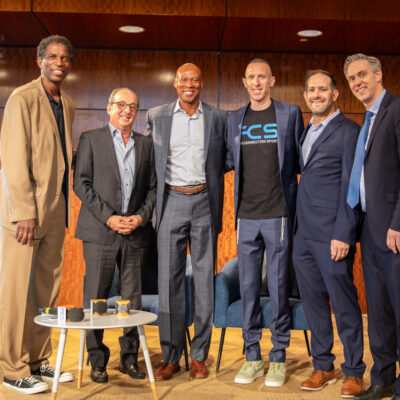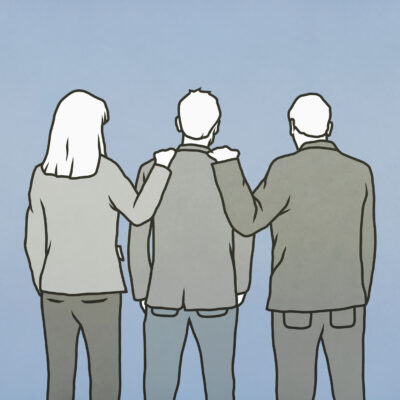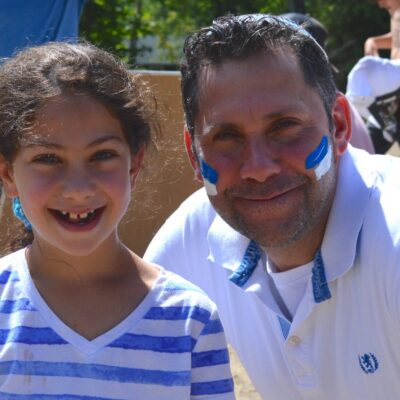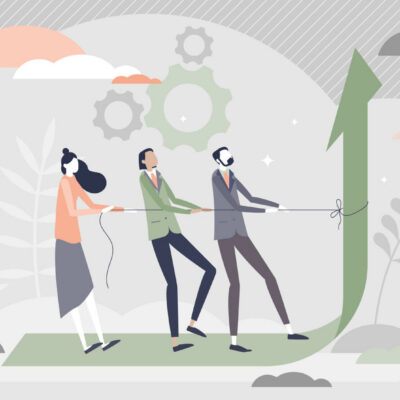Opinion
Isolation and Belonging: the role of Jewish camp in building a secure environment for emotional growth
As leaders of a Jewish summer camp, we hear every day about the wide range of anxieties, anticipation and questions that parents and prospective campers are confronting about the upcoming camp season. Parents are weighing how they can best support their children and whether camp is a safe and feasible option this year.
Camp embodies so much of what our children have missed out on over the past year- the kinds of social and developmental experiences that are fundamental to their long-term growth and well-being. With lockdowns, virtual schooling and social isolation leading to reduced emotional and intellectual growth, depression – and worse among our nation’s youth, getting our children into the camp environment will be a powerful, readily accessible option to ensuring that they stay on track for bright futures.
The benefits of camp are vast, and they can ultimately be summed up in one word: belonging. It can happen instantaneously. A friendly and caring young-adult counselor approaches your child as they step out of their car or off the bus and welcomes them to camp. Even though that child may be anxious, they experience an immediate reduction of stress, comfort in that first interaction, and an immediate sense of belonging.
Camp builds on this initial belonging as campers become part of a group, living together in a cabin. They integrate into the larger camp ecosystem, try new things, take risks, make mistakes, and gain independence and self-confidence. Campers also learn to value getting along with others who are different from themselves. They learn to communicate what is important to them and define and clarify their values through exploring a shared identity.
We know from research on child development – and our own experience – that time at camp provides young people with key developmental opportunities hard to find in other settings, especially during these times. Belonging to a bunk at camp is a fundamentally different experience from remote learning or Zoom sports practices. The powerful social immersion of attending a residential summer camp, living with peers, building friendships and social skills without parents, helps develop resiliency and confidence that are essential for emotional growth and acquiring the necessary skills needed to master life experiences, away from a screen through direct in person interactions.
At Surprise Lake Camp, we see, feel, and hear this belonging even more strongly, through our shared Jewish identity and experiences. Whether through the Torah’s descriptions of the shared interactions of the twelve tribes of Israel or the value of coming together to pray as a community, Judaism emphasizes belonging. Each week at our song-filled Shabbat services, campers have a repeated, deepening sense that they are a part of something bigger than themselves. By leading services alongside our counselors, singing songs and sharing their take on spirituality or the weekly Torah portion, they acquire a sense of tradition, safety, purpose, stability and joy.
We see that these positive, confidence-building experiences have lingering effects, as campers draw on the strength and security of belonging to a group to venture out on a challenging hike, jump from a height into the lake or take on the high ropes course.
Every family will make their own decision about whether to send their children to camp. Camps all across the country have learned from camps that operated safely during the summer of 2020, as well as from how schools with in-person learning have operated throughout this year. This summer at Surprise Lake Camp, we will be implementing a number of overlapping health and safety strategies to simultaneously ensure the safety of our children while providing them with all of the hallmarks of a camp experience. We are working closely with a pediatrician with more than 20 years of experience as a camp doctor to develop our pre-camp and full-summer COVID procedures to keep our campers and staff as safe as possible.
For more than a year now, our world has been fragmented in so many ways. All of us in the world of Jewish camping are looking forward to returning to our second homes this coming summer, to welcoming our campers and counselors, and to once again feeling that all-important sense of belonging.
Jerry Meyer, MD, a former staff member of Surprise Lake Camp, is a psychiatrist and a current board member of Surprise Lake Camp.
Bradley Solmsen, a Jewish educator and life-long camp person, serves as Surprise Lake Camp’s Executive Director.

 Add EJP on Google
Add EJP on Google
